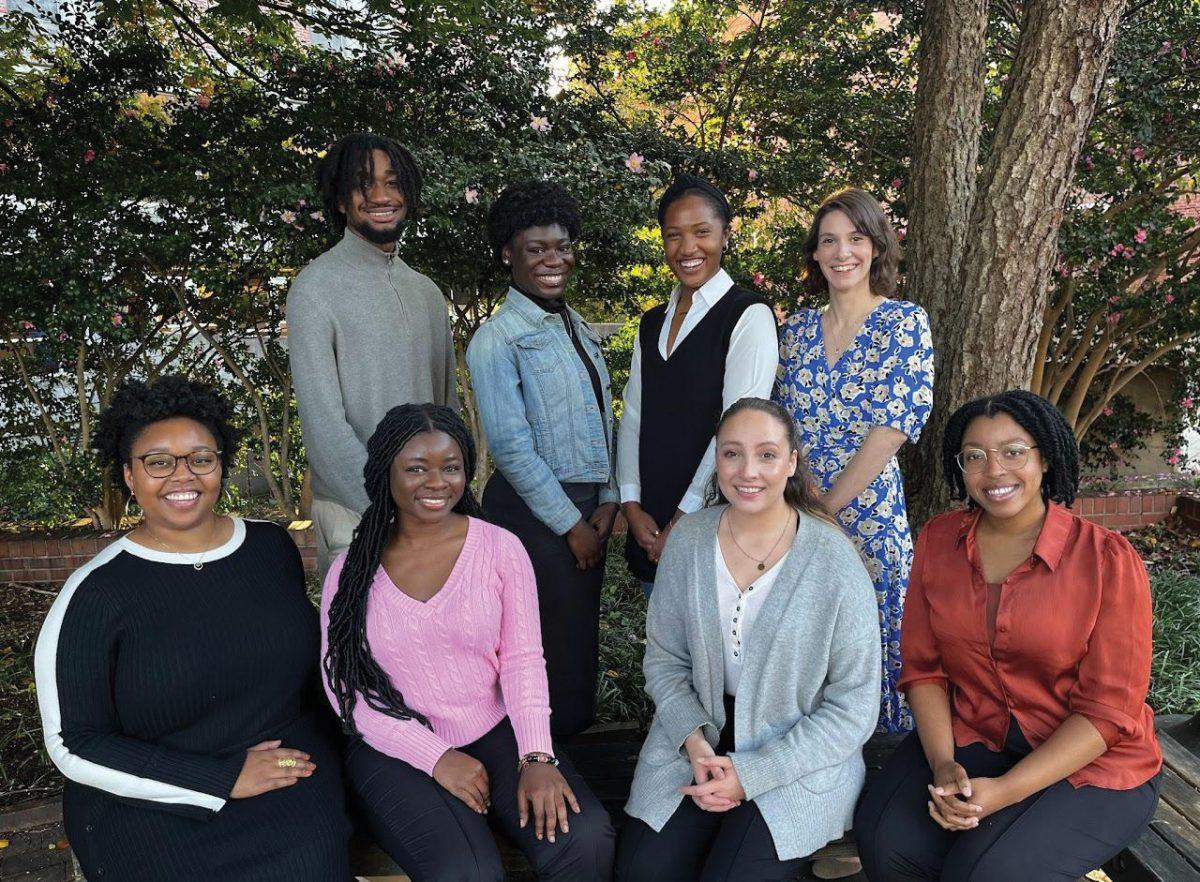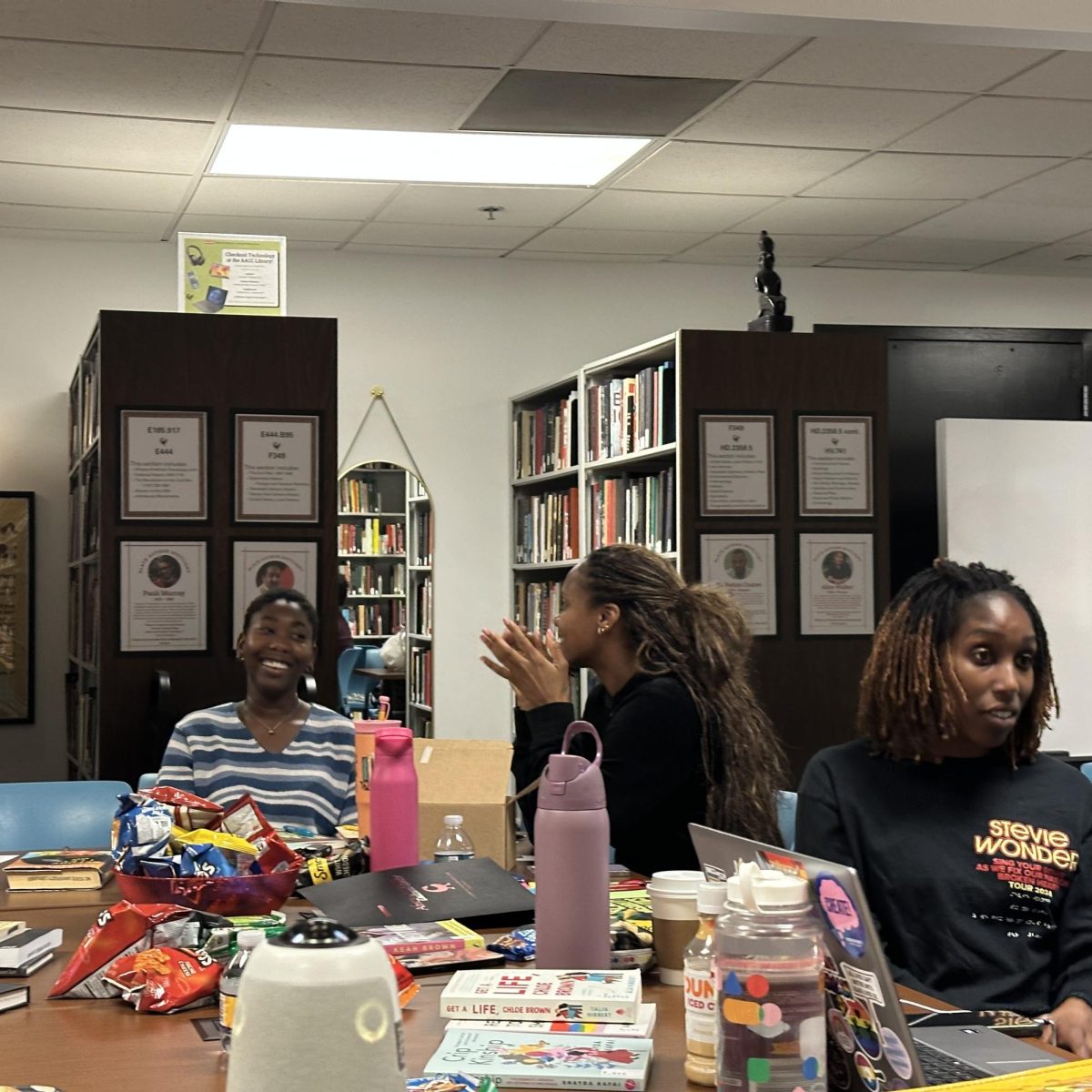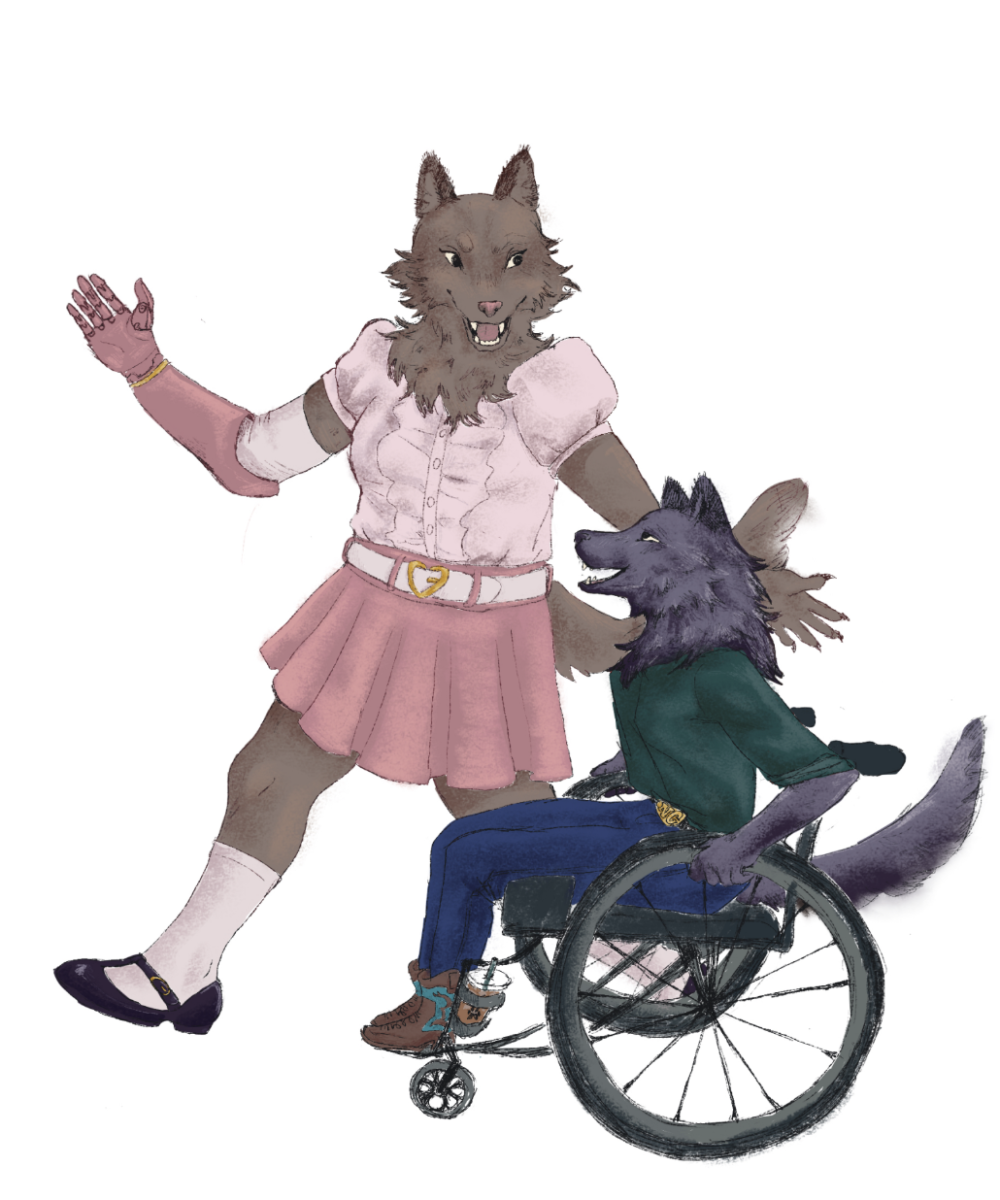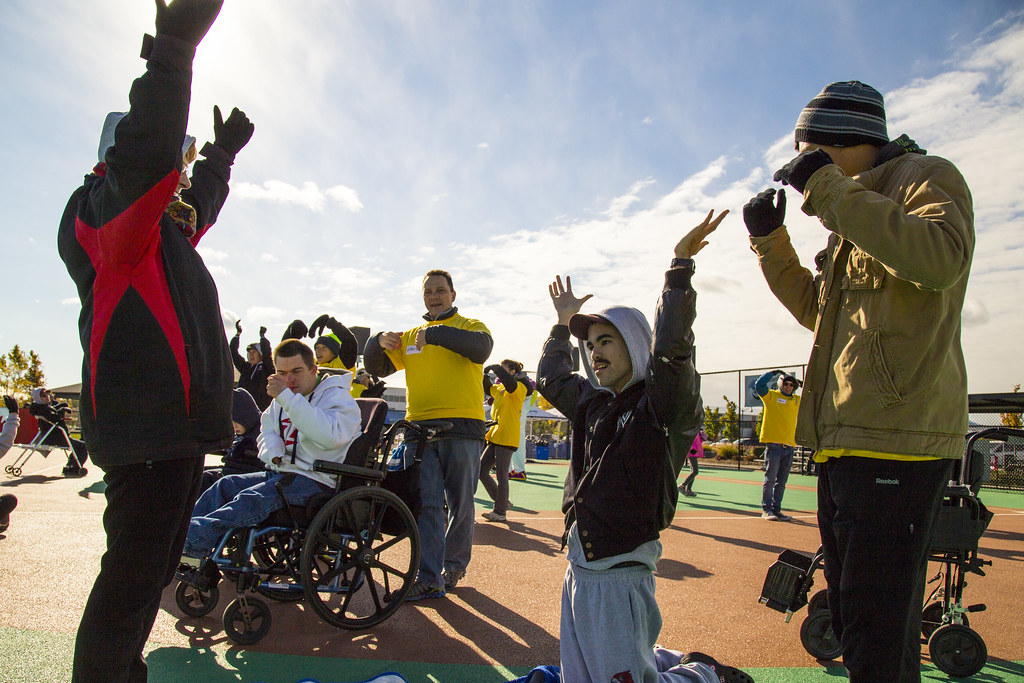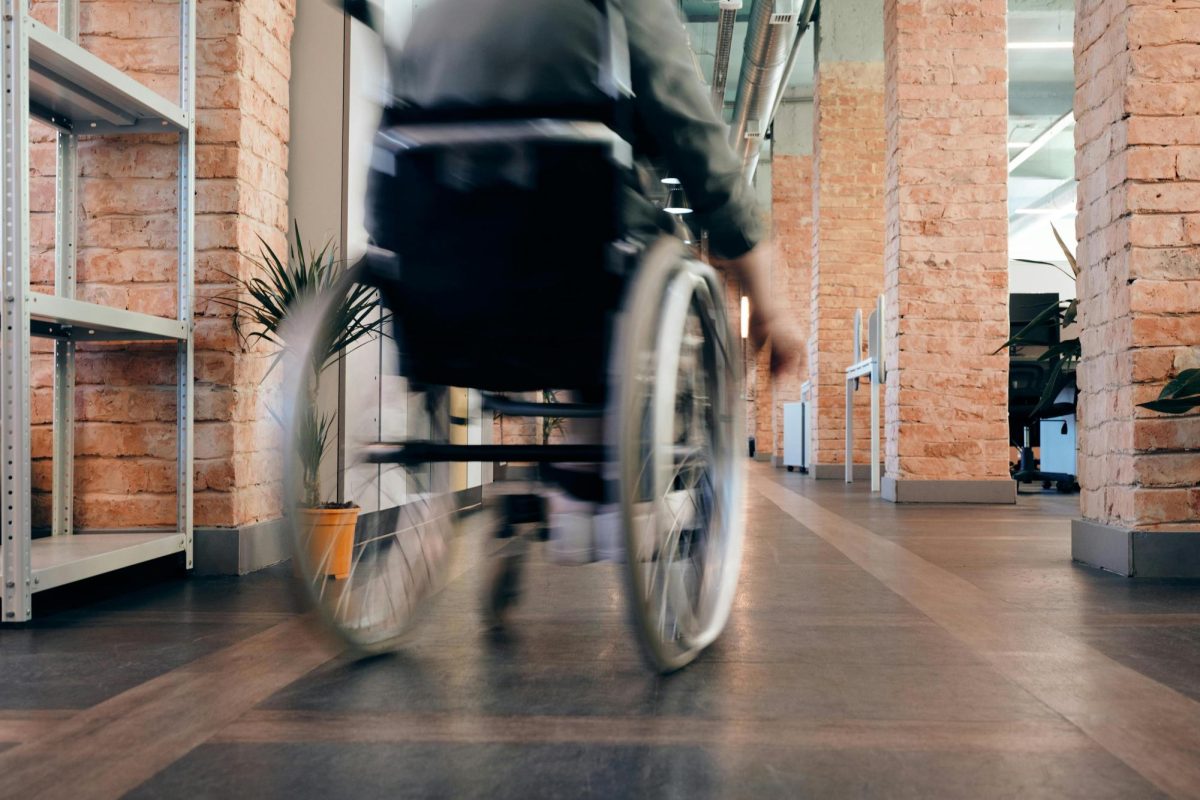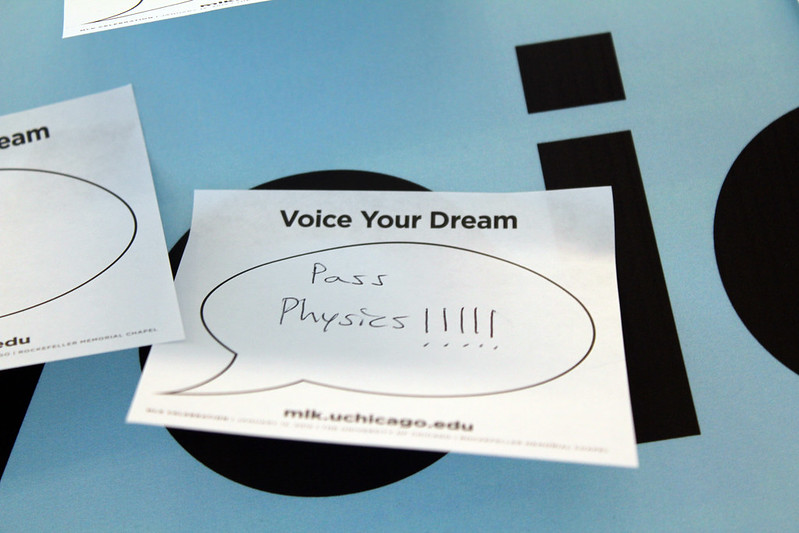Photo and Article Contributed by the Black Health Lab
For many Black students attending a predominantly White institution (PWI) like NC State it can be challenging to encounter places on campus where their identities and experiences can be validated. Because of this, on-campus centers such as the African American Cultural Center (AACC), Multicultural Student Affairs (MSA) and minority-centered student organizations have formed to serve as safe spaces for Black students.
Along with these on-campus resources that provide direct service to Black students, collective groups of researchers are also aiming to center the voices of Black students, uplift their experiences and ensure their representation through the creation and sharing of knowledge relevant to their lives.
An example of this collective is the Black Health Lab, located under the Department of Psychology. As the name suggests, we are a psychology research group united in our passion for informing efforts to achieve health equity, wellness and thriving for Black people (inclusive of individuals across the African diaspora, such as African American, Caribbean Black, Afro-Latine, African and multiracial individuals) across the United States.
Originally founded in 2014 at UNC-Chapel Hill by Dr. Vanessa Volpe, the Black Health Lab moved to NC State in 2019. Over the years, the lab has conducted a wide range of research on the health, well-being and lived experiences of Black folks, especially for Black young adults ranging in age from 18 to 35.
NC State undergraduate and graduate students have been a part of this research, resulting in several published academic reports that ensure the knowledge about Black students’ experiences of unfair treatment, their stress and coping as well as their thoughts about technology are not ignored in the field of psychology.
With our increasingly digital world reaping a variety of benefits and drawbacks, the Black Health Lab understands the importance in learning about how Black users are affected by online spaces including social media platforms and online forums. In one study our lab conducted, we found that higher exposure to online racial discrimination was associated with worse sleep quality among Black young adults.
Our lab has also utilized strengths-based approaches in our research to examine how online spaces can reap positive outcomes for Black young adults. Another study our lab has looked at is how positive online racial experiences may be linked to engagement in activism. Our results found a positive association between positive online racial experiences and Black community activism for Black adults between the ages of 18 and 45.
Findings from another of our recent studies revealed that many Black adults go on X, formerly known as Twitter, to engage in positive manners such as forging relationships and advocating for Black communities. Much of our research has examined various health inequities and adverse outcomes faced by Black individuals, but we also believe in the importance of studying phenomena that promote the strength and resistance of Black Americans.
One mission of the Black Health Lab’s research is to center the voices and experiences of Black Americans in the world of academia, a field where Black folks are substantially underrepresented both among research topics and the researchers themselves. Another key objective in our lab is to disseminate our findings and have our work be applied in real-life settings.
Using a culturally competent approach rooted in aspects of social, developmental and health psychology, our lab studies show how race-related experiences, both positive and negative, may result in outcomes related to psychological functioning, health behaviors, cardiovascular risk and the intersections of mental and physical health.
We also make sure to be mindful of our exact audience when sharing our research. In the past year, the lab has collaborated with on-campus organizations such as the Black Artist Coalition (BAC) and the AACC to discuss the struggles faced by Black students as well as share tips for managing stress and burnout as Black students attending a PWI.
When communicating with individuals who may not be the most familiar with psychological theories and research studies, we make sure to explain our findings so that members of the general public, such as NC State students, can understand the work we do.
With our role as a research lab that conducts work exclusively on Black populations, we aim to make sure that our research is acceptable and communicated to members of the Black communities on campus. For instance, the lab reached out to the AACC student ambassadors for a run-through and for authentic feedback on what they liked and what they thought could be altered. Moving forward, our lab hopes to continue to grow and foster our relationship with organizations on campus that center and elevate Black voices.
Although the Black Health Lab is not accepting any research assistants into our lab for the time being, there are still ways for students to get involved. We currently have two research projects that NC State students can participate in: “From Tweets to Heartbeats and Black Students’ Experiences Online,” sharing experiences with social media and health. The study consists of an online survey followed by a 20-25 minute in-person meeting on campus.
“Black Students’ Experiences Online” is a separate study about experiences with social media in the form of a daily diary. The study consists of an online survey followed by answering small surveys on a phone app for two weeks afterward. Those who participate in the studies can be provided with up to $20 in Amazon gift cards or academic course credit.
Despite the jarring news of the closure of Poe Hall, the Black Health Lab continues its activities. Our research space is located in Cox Hall and we find ways to work outside of the lab through on-campus organizations and events. Our graduate lab members recently participated in NC State’s “Take Care of Your Heart” on Feb. 6, jointly hosted by Campus Health and Prevention Services. Focusing on heart health and the risks of cardiovascular disease, we had a booth discussing health inequities faced by Black Americans and provided resources for Black Americans, engaging activities and heart-healthy snacks for those who came.
While the Black Health Lab is not a club or a center that offers drop-in services for students, our group uses research projects to contribute to the shared goal of amplifying the experiences of Black communities. We hope that Black NC State students will begin and continue to share their expertise, experiences and thoughts with us in the future.

